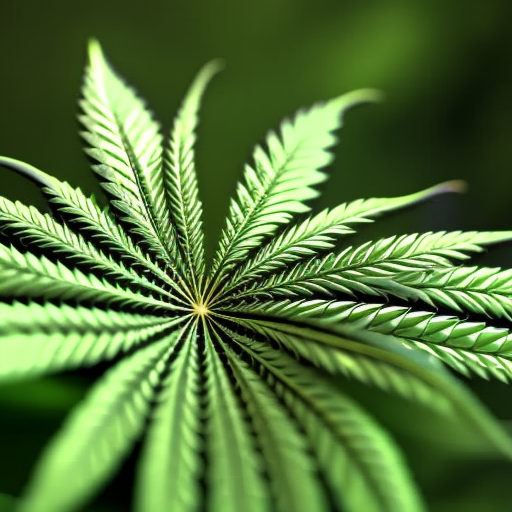 A recent study published in the journal Social Psychological and Personality Science has challenged several stereotypes associated with frequent marijuana use. The research found no evidence of an association between paranoia or decreased motivation among habitual users. Additionally, the study debunked the notion that marijuana consumption leads to a hangover the next day.
A recent study published in the journal Social Psychological and Personality Science has challenged several stereotypes associated with frequent marijuana use. The research found no evidence of an association between paranoia or decreased motivation among habitual users. Additionally, the study debunked the notion that marijuana consumption leads to a hangover the next day.
The results of the study revealed some surprising findings. Chronic users who frequently consumed marijuana did not exhibit decreased motivation for intrinsic or extrinsic reasons nor were they less willing to push themselves objectively. This challenges the common belief that marijuana users are lazy and unmotivated individuals.
However, the study did find mixed results among especially frequent users. While these individuals reported experiencing more negative emotions and greater impulsiveness, they also demonstrated higher levels of motivation.
The authors of the study, hailing from the University of Toronto and Osgoode Hall Law School in Ontario, Canada, emphasized that the results provided both expected and unexpected insights into cannabis use. They highlighted how historical criminalization has led to biased perceptions of marijuana and its users, leading to stereotypes of laziness, lack of education, and potential criminality.
Despite marijuana being one of the most widely consumed drugs globally, little is known about its effects on habitual users in everyday life. The study aimed to fill this knowledge gap by examining the experiences of habitual users when consuming marijuana.
Participants in the study were adults aged 21 and above from the U.S. or Canada who used marijuana at least three times a week for nonmedical purposes. They were recruited from Reddit and required to complete a baseline survey along with brief surveys five times a day over a week-long period.
The researchers observed minimal effects on motivation among chronic users when compared to non-users. Feeling high was associated with increased positive emotions such as awe, inspiration, and gratitude among chronic users but did not lead to heightened suspicion or paranoia as commonly depicted.
While chronic users reported more positive emotions when high, they also exhibited lower scores on momentary conscientiousness, indicating decreased self-control and neatness during intoxication. However, these effects were small in magnitude, and there were few lasting emotional impacts after the high wore off.
Surprisingly, there was no evidence of a hangover effect from marijuana use among chronic users. The study also differentiated between frequent and less-frequent consumers and noted that even heavy consumers did not experience long-lasting emotional effects post-intoxication.
The study had some limitations, including the recruitment of participants from online forums catering to cannabis enthusiasts. The authors acknowledged that their sample may not be representative of all cannabis users and called for further research to explore shifts in research philosophy regarding cannabis use.
Overall, the study challenges common stereotypes associated with marijuana use and highlights potential benefits as well as areas for further investigation into its effects on habitual users.

